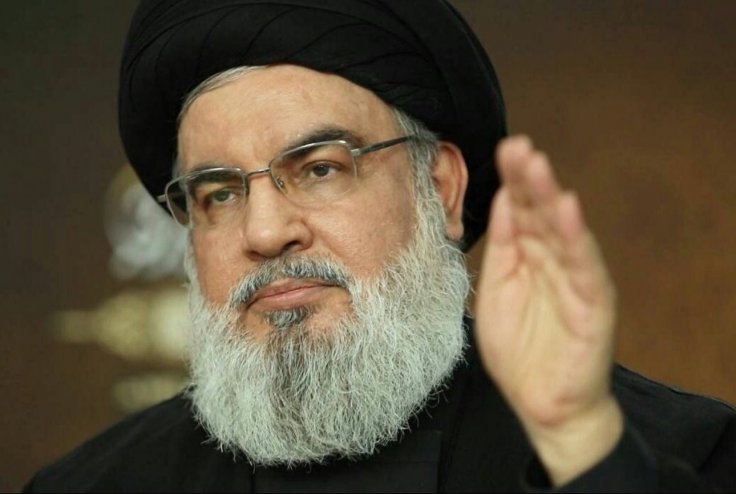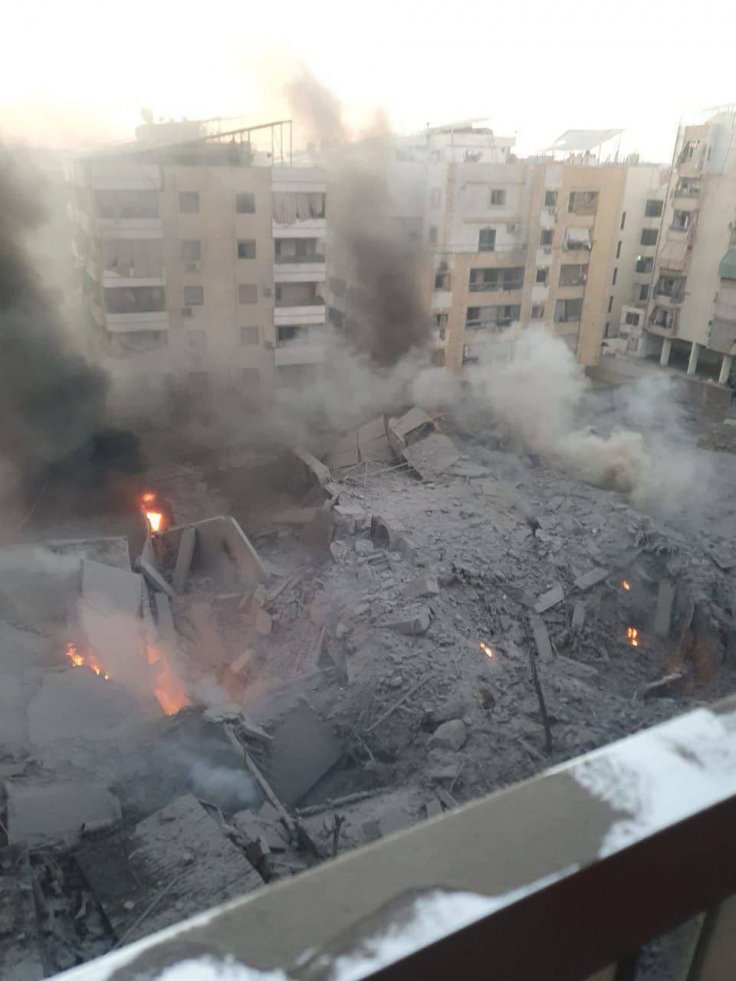On Friday, the Israeli Defense Forces (IDF) launched a series of targeted airstrikes on Hezbollah's headquarters in Dahiyeh, a southern suburb of Beirut, Lebanon. This operation, which caused substantial destruction, is one of the most significant military actions aimed directly at the Iran-backed militant group's leadership amid escalating tensions in the region.

Hassan Nasrallah, the prominent leader of Hezbollah, was reportedly present in the Harek Hreik area at the time of the strikes. This has fueled widespread speculation that he was the primary target of the air raids. However, a source close to Hezbollah confirmed that Nasrallah was unharmed, dismissing claims that the attacks were specifically directed at him. The source reassured the public that the Hezbollah chief remains "fine," despite the uncertainty surrounding his safety.

The Israeli strikes signal a marked escalation in military operations against Hezbollah, particularly in light of the ongoing conflict in Gaza. The airstrikes on Hezbollah's central command have raised concerns about a broader confrontation between Israel and the militant group. Analysts suggest that Israel's focus on Nasrallah underscores the perceived threat he poses and the high stakes involved in this latest round of hostilities.
Nasrallah has been leading Hezbollah since February 1992, following the assassination of his predecessor, Abbas al-Musawi, by Israeli forces. The recent airstrikes represent a strategic shift by Israel, indicating a willingness to directly confront Hezbollah's leadership. An Israeli official, commenting on the airstrikes, expressed skepticism about Nasrallah's survival, stating, "It's hard to believe he got out of it alive." Reports suggest that Prime Minister Benjamin Netanyahu authorized the strikes just before addressing the United Nations General Assembly in New York, indicating the operation's significance within Israel's broader military strategy.
In the past, Nasrallah has operated under stringent security measures, making it difficult for both officials and journalists to ascertain his exact location during public appearances. His speeches are often recorded and broadcast from undisclosed locations, further emphasizing the risks he faces as Hezbollah's leader.
"The point of security measures is that movement be kept secret, but that doesn't stop me from moving around and seeing what is happening," Nasrallah told Al-Akhbar, a Lebanese newspaper covering the ongoing Israel-Hezbollah conflict.
As tensions continue to rise, the implications of these airstrikes on Nasrallah's leadership and Hezbollah's response remain uncertain. Observers will closely monitor the situation as both sides prepare for potential escalations in the conflict.
Who Is Hassan Nasrallah?
Hassan Nasrallah, the leader of Hezbollah, has been a pivotal figure in the Middle East for decades. His recent prominence surged again after Israeli Defense Forces (IDF) launched targeted airstrikes on Hezbollah's headquarters in Dahiyeh, a southern suburb of Beirut, Lebanon, on Friday. This operation has drawn significant attention, especially given the speculation that Nasrallah himself was the primary target.
Born on August 31, 1960, in the impoverished suburb of Burj Hammud, Nasrallah grew up in a large Shia family. From a young age, he pursued religious studies and became involved with the Amal Movement, a Shia political and paramilitary group. In the 1980s, he played a crucial role in founding Hezbollah in response to Israel's 1982 invasion of Lebanon. With support from Iran's Islamic Revolutionary Guard Corps (IRGC), Hezbollah was established to resist Israeli military presence, accusing Israel of occupying Muslim lands.
Since becoming Hezbollah's secretary-general in February 1992, following the assassination of his predecessor, Abbas al-Musawi, Nasrallah has shaped the group into Israel's main military adversary. His charismatic leadership and powerful oratory have made him a significant political figure in Lebanon and the wider region. Over the years, he has delivered many public addresses, often from undisclosed locations due to security concerns, reinforcing his status as a key player in Middle Eastern politics.








